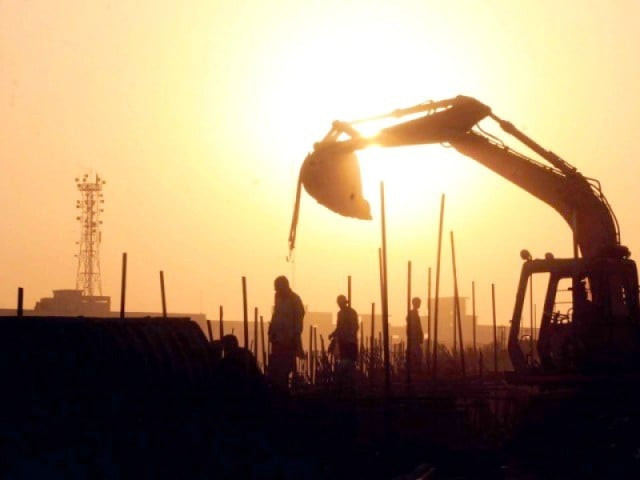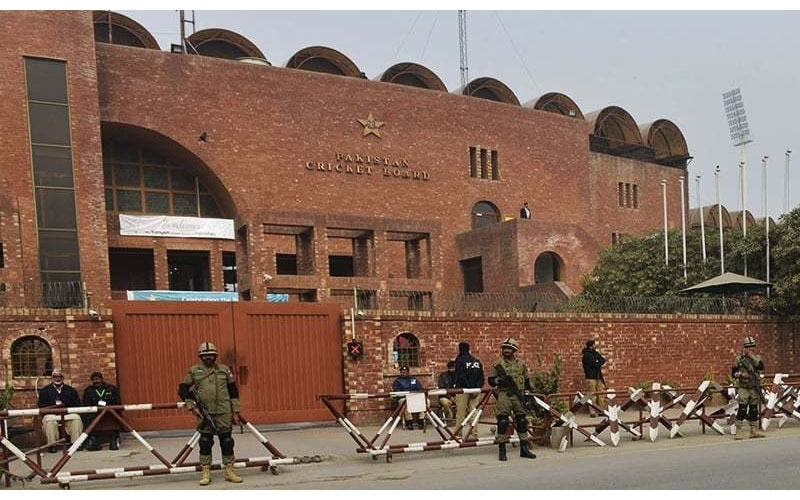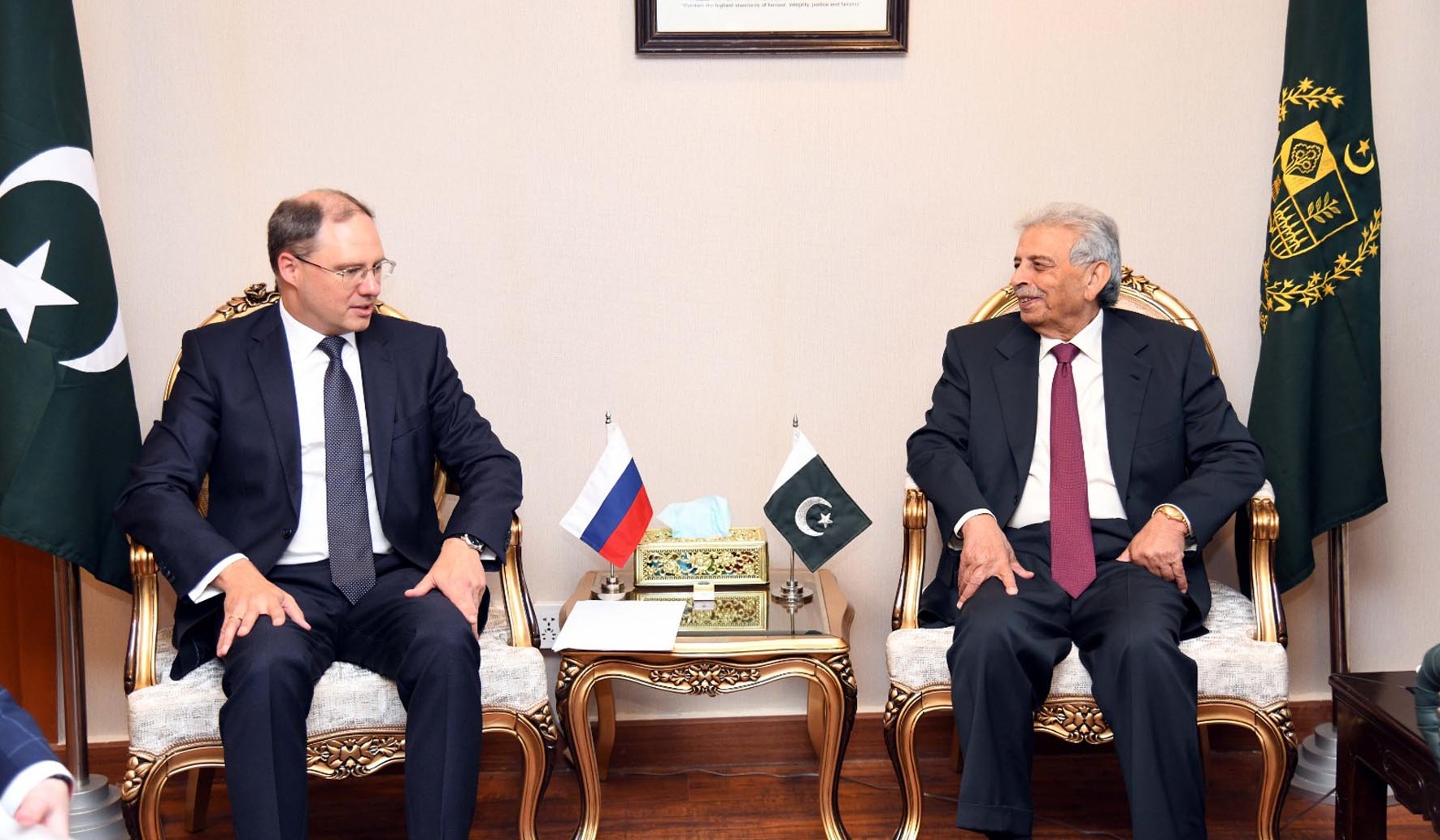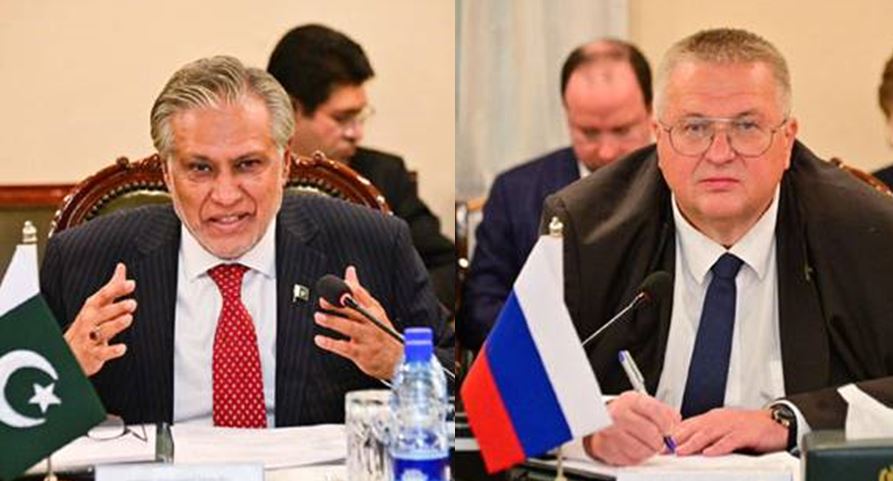ISLAMABAD:
Several businesses and customers, who rely heavily on internet for their work, vociferously opposed the government’s decision to install a firewall on the internet that has resulted in the disruption across the country.
The Pakistan Software Houses Association (P@SHA) as well as parliamentarians finally broke their silence and spoke against the firewall at a time when the telecom operators were not ready to raise their voice about internet outages.
Several freelancers claimed that Fiverr – a big freelancing network – has placed Pakistan in the category of ‘unavailable’ due to internet outages that indicated to the buyers not to hire services of freelancers from Pakistan. Due to the use of VPN, several freelancers’ accounts have been disabled on two major freelancing platforms – Fiverr and Upwork. As a result, these freelancers were in dire situations now.
There was no official response from the IT ministry on the installation of the firewall. But Minister of State for IT Shaza Fatima Khawaja later confirmed in her media talk that complaints of slow internet speed because of the firewall had been received.
At the same time, a parliamentary panel took up the matter relating to internet outages in a meeting. The meeting noted that the country suffered a loss of $500 million due to internet outages across the country because of the firewall.
In the meeting, the information technology (IT) secretary was quick to blame the telecom operators for the outages. When contacted, the All Pakistan Telecom Operators Association refused to comment on the allegation.
Earlier, in a statement, P@SHA claimed that an estimated $300 million was lost due to internet disruption. “We demand review and consultation with the IT industry,” Ali Ihsan, Senior Vice Chairman of P@SHA, said. He warned against “grave consequences” of a hastily-implemented national firewall.
According to Ihsan, the booming IT industry was facing a disaster-like situation; while grappling with unprecedented operational disruptions that threatened the foundation of the country burgeoned tech sector. “The firewall has triggered enormous challenges and risks, causing meltdown of businesses.”
These disruptions are not mere inconveniences; but, a direct, tangible and aggressive assault on the industry’s viability. P@SHA maintained that the government’s inexplicable opacity and ambiguity surrounding the firewall design and objectives have created distrust among global clients of Pakistan.
They fear that their proprietary data and privacy would be compromised; which would only serve to erode the hard-earned trust and confidence in Pakistan’s IT capabilities. Ihsan stressed that the scenario constituted a blatant disregard for the industry’s reputation and a gamble with the economic future.
A mass exodus of IT companies is not just a possibility; but, an imminent reality if immediate and decisive action is not taken. The industry is at a critical crossroads and faces a stark choice: to persevere in a hostile environment or seek refuge in more conducive ecosystems.
This is not a mere warning, but an urgent and unavoidable consequence. P@SHA has demanded an immediate halt to this “digital siege”. “We insist on a comprehensive, transparent and collaborative approach to cybersecurity – one that does not destroy the IT industry due to misplaced priorities.”
Ihsan stated that the Pakistan Telecommunication Authority (PTA) and the information technology ministry should take swift and decisive action to rectify this grave situation. Failure to do so will have far-reaching consequences for Pakistan’s economy and its standing as a global technology hub,” he said.
P@SHA strongly urged government to establish a joint committee of all relevant stakeholders to develop a detailed “scope and implementation plan”. By doing so, the goal would be to ensure that any changes or initiatives were rolled out smoothly; thereby minimising disruptions to business operations.
Ihsan said that the economy was a national security priority but “we see a careless implementation of the firewall that threatens the IT industry, even before its maturity”. He added: “Internet, its reliability, quality, and throughput are of national interest. Anyone acting against it should review their decisions.”
Tanveer Nandla, an IT entrepreneur and freelancers trainer, told The Express Tribune that freelancers received a notification from the Fiverr on July 31 that rendered some accounts of Pakistani freelancers ‘unavailable’. After this, he said, the freelancers were using VPN for better internet service.
However, the use of VPN was against Fiverr policy, Nandla continued. “Therefore, it has led to disabling Fiverr accounts of several Pakistani freelancers. Even those businesses, who have data centres in Pakistan are suffering as they face problems in providing their services abroad,” he added.
Experts suggest that installation of the firewall seemed to affect the entire internet services in Pakistan. Despite being the fourth largest freelance service provider country, Pakistan was going to suffer in bringing foreign exchange, pointing out that the effects of the outages would appear in the near future.
A firewall was installed that was targeting activists and youtubers through IP addresses. But the programmes of youtubers, which were targeted by the firewall were being watched by installing VPN here in the country, they said, adding that it meant the firewall was useless before the VPN.
According to sources, in the first stage, the government had targeted those users who had been using mobile data. In the second stage, they added, the government planned to target Wifi and VPN users.
Meanwhile, the Senate Standing Committee on Information Technology and Telecommunications (IT & Telecom) took up the matter of internet outages in its meeting, chaired by its chairperson Palwasha Muhammad Zai Khan.
The meeting was informed that country suffered a loss of $500 million due to internet outages. Senator Afnanullah stated that the country was already facing an enormous economic crisis, and if the internet issue wasn’t resolved, the country could eventually lose its $3 billion in IT sector exports.
IT & Telecom Secretary Aisha Humera Chaudhry explained that there was no issue with broadband connections; rather, those using mobile data faced disruptions. She added that the PTA was assessing the issue, and the ministry would provide an overview once the assessment was complete in two weeks.
Cybersecurity measure
Separately, talking to reporters in Islamabad, Minister of State for IT Shaza Fatima Khawaja confirmed that complaints of slow internet speed because of the firewall had been received and the ministry had summoned the data from the PTA.
“The internet should never be slow. IT digital economy and digital governance depend on good internet speed,” the minister of state said. Data of last two weeks has been sought from the PTA. The internet speed will be known after looking at the IT data traffic,” she added.
Khawaja stated that the complaints regarding the WhatsApp had been redressed. She defended the installation of the firewall, terming it a cybersecurity measure. “All countries in the world are using firewalls. “Cyber-attacks on the country are increasing. The state must prevent cyber-attacks.”
(WITH ADDITIONAL INPUT FROM ARSHAD ANSARI)


 Technology6 مہینے ago
Technology6 مہینے ago
 Pakistan7 مہینے ago
Pakistan7 مہینے ago
 Sports6 مہینے ago
Sports6 مہینے ago
 Pakistan6 مہینے ago
Pakistan6 مہینے ago
 Entertainment6 مہینے ago
Entertainment6 مہینے ago
 Pakistan6 مہینے ago
Pakistan6 مہینے ago
 Sports5 مہینے ago
Sports5 مہینے ago
 Pakistan6 مہینے ago
Pakistan6 مہینے ago











